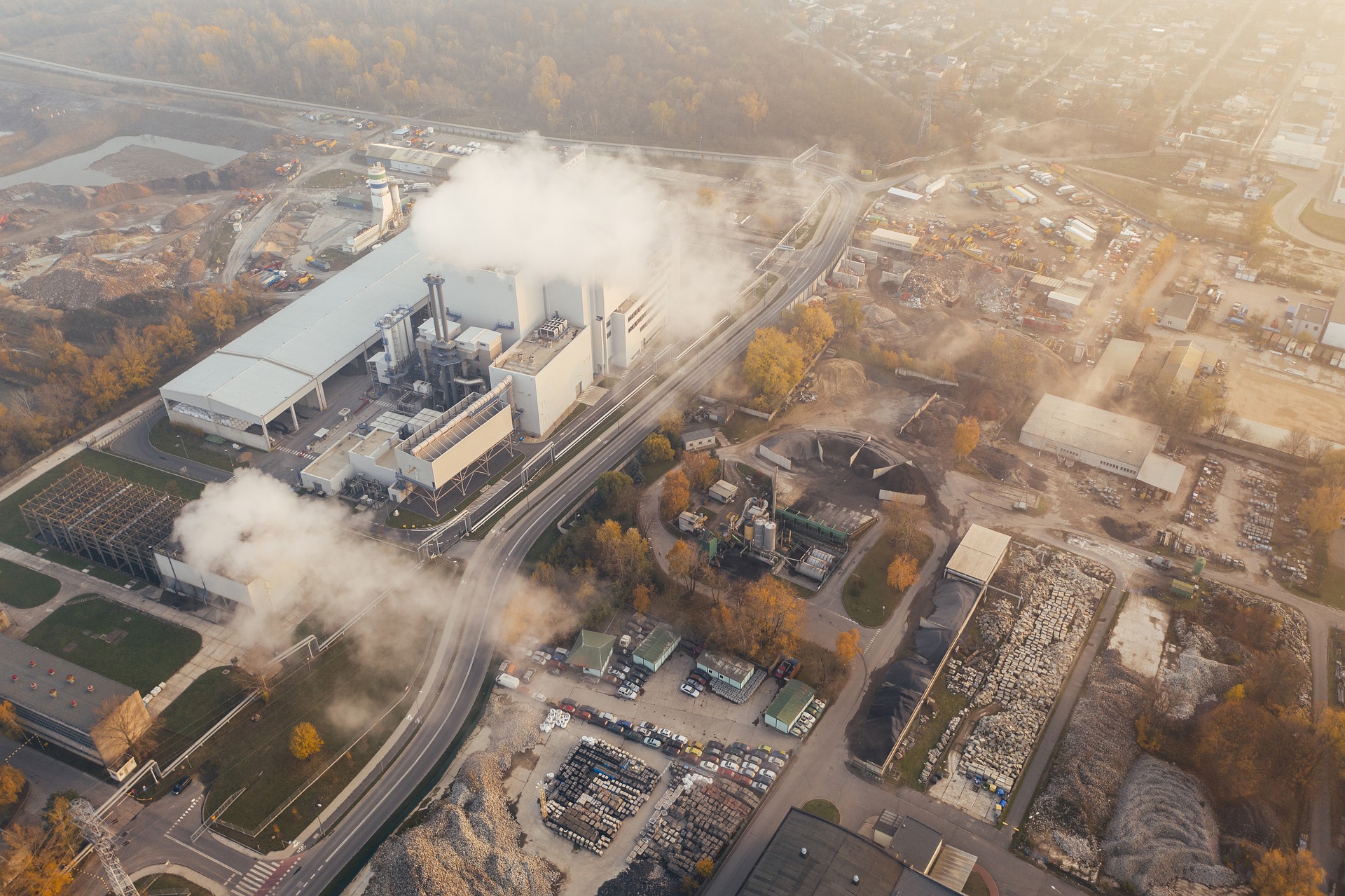The third greatest planetary emergency – chemical pollution

Alina McGregor discusses the lack of awareness around chemical pollution as a threat to our planet and argues it is continually overshadowed by climate change and kept off the radar for financial business gain.
Since late 2019, Covid-19 has killed 4.38 million people. Research has found that air pollution kills 10 million people every year. However while drastic measures were taken to control the virus, air pollution has been kept under the radar for the sake of financial gain. The air in western countries may be significantly cleaner than what it was during the industrial revolution, but now it has been labelled as the third greatest planetary emergency.
Air pollution has been kept under the radar for the sake of financial gain.
Medical research has shown that the chemicals in the air, water, and products people are consuming cannot be simply detoxed out of ourselves – for this reason, they have been dubbed ‘forever chemicals’ that continue to build up inside of us and have been proved to be a reason for the increasing cancer and illnesses our society is experiencing. Chemical pollutants include Carbon Monoxide, Sulfur Dioxide, Carbon Dioxide, Volatile Organic Compounds (VOCs), Chlorofluorocarbons, heavy metals and more. Our technological advances, for all the good they have done, have made us a species largely reliant on chemicals and some of these chemicals are toxic to life itself.
Our social media feed is often dominated with climate change and biodiversity loss, however earlier this year the UN set pollution back to the top of the table, issuing a report titled ‘Making Peace with Nature’.
In the UNEP Executive Director’s forward, it states ‘Repair means solutions that recognize how our environmental, social and development challenges are interconnected. Repair means shifting our values and worldviews as well as our financial and economic systems’. It discusses how transforming economic, financial, and productive systems can lead and power the shift to sustainability. However it does so as if this news is new. In reality, scientists have been urging governments to action – a plea that has in the past has led to false promises, targets that are never met and conventions which seem to cause more political discord than unification.
Will financial gain weigh more than duty?
The interconnectedness of our systems obviously makes this more complicated. For example organisms higher in the food chain, such as ourselves, accumulate these toxins in higher and higher concentrations, a process called biomagnification. This simply means that the toxins in our agricultural system end up on our plate. And the pollution we export overseas inevitably comes back to us. The question is, will financial gain weigh more than duty?


